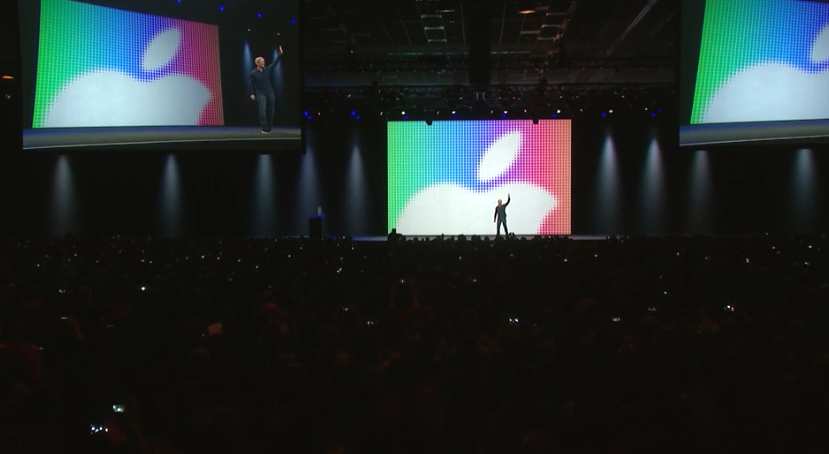
Apple had an excessive amount of announcements at WWDC Monday. In addition to lots of shiny new apps and features previewed in iOS 8, there were also many announcements strictly for mobile developers. We’ve compiled five of the most important developer-focused announcements below for those devs too busy squashing bugs to sit through a two hour keynote.
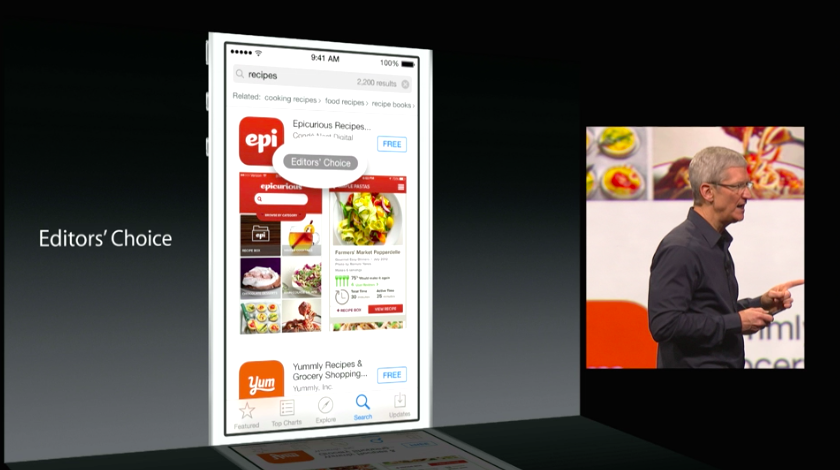
1) App Store updates
All roads lead to Rome, and all iOS apps have to walk through the walled garden of the App Store to find a user base. Apple’s WWDC keynote included several additions to the App Store, including app bundles and the ability to add video demos to entice downloads. App discovery, a major sticking point for iOS devs, will also be improved on iOS with a new Explore tab as well as trending searches. As Tim Cook said during the keynote, “I read your emails.”
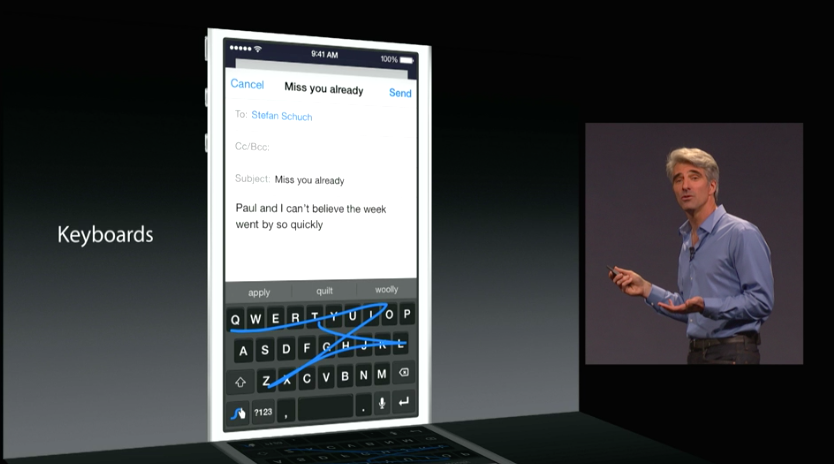
2) Extensions
With iOS 8, Apple will allow iOS apps to share data and interact with each other without compromising security through extensions. Apps with extensions can then be used within another app after the user accepts a dialogue similar to the sharing intent dialogue that debuted in iOS 7. Some useful examples of extensions mentioned by Apple were third party editing apps within Photos, as well as third party keyboards across iOS.
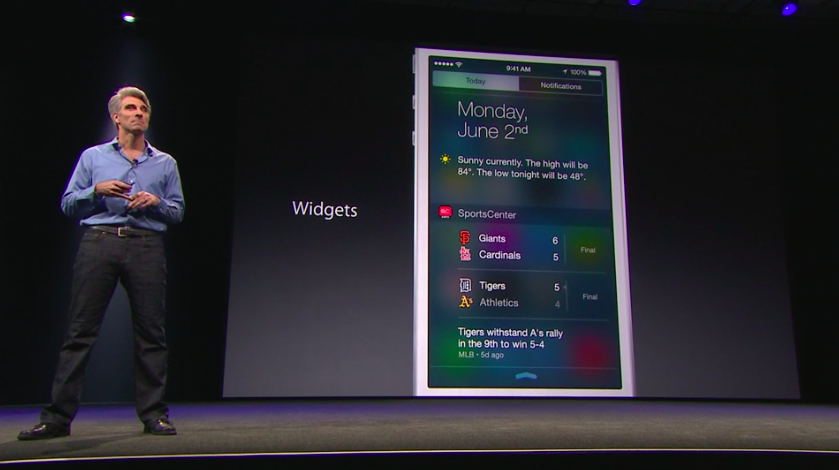
3) Notification Center Widgets
Android and BlackBerry devs familiar with app widgets will be happy to know that a similar feature is coming to iOS 8, albeit restricted to the Notification Center. Apple demonstrated widgets for both ESPN and eBay, as well as the simple user process for managing which widgets appear in the Notification Center.
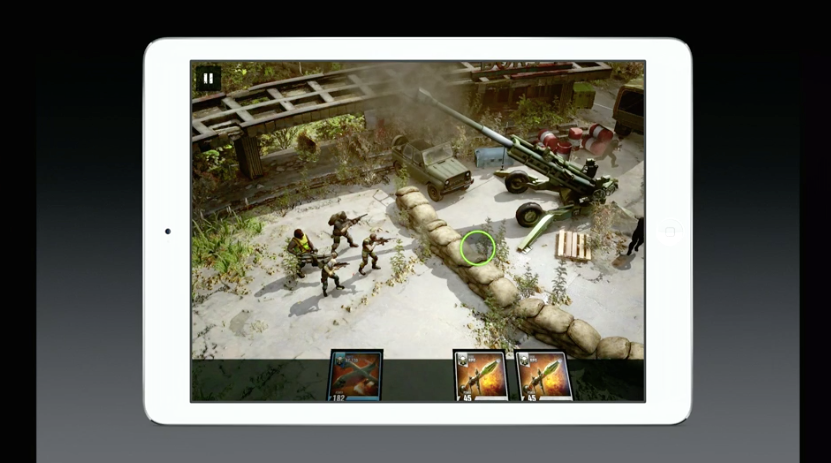
4) Metal
Amazingly named, and appropriately powerful, Metal is a new, low-overhead graphics framework that works directly with the A7 chip on the iPhone and iPad. The reduced OpenGL overhead will allow for as much as a 10-fold increase in rendering efficiency, according to Epic Games founder Tim Sweeney. During a demo of its Unreal Engine 4, Epic Games showed off some impressive visual effects that were being dynamically generated, rather than created as inefficient one-offs. All of this means much prettier gaming for the next generation of iOS devices.
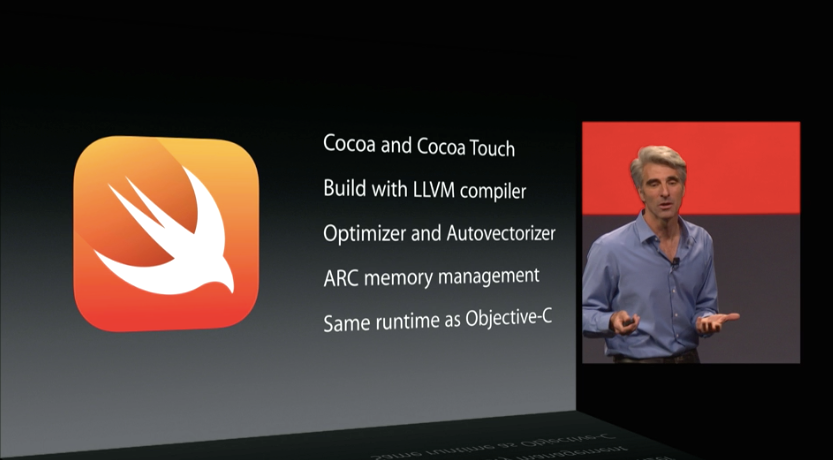
5) Swift
Yes, we saved the biggest for last. As non-developers, even our jaws were on the floor when Apple essentially “just one more thing”’d a brand new programming language for iOS and OS X, designed to sit beside current C and Objective-C code in the same app. Swift’s claim to fame is the ability to combine the performance of compiled languages with the interactivity of scripting languages – Xcode Playgrounds for example will allow developers to instantaneously see a visual output of their Swift code. While learning a new language can be a time-consuming process for any developer, Apple has already released a 500 page free iBooks document for developers to study up.
MobileSyrup may earn a commission from purchases made via our links, which helps fund the journalism we provide free on our website. These links do not influence our editorial content. Support us here.


